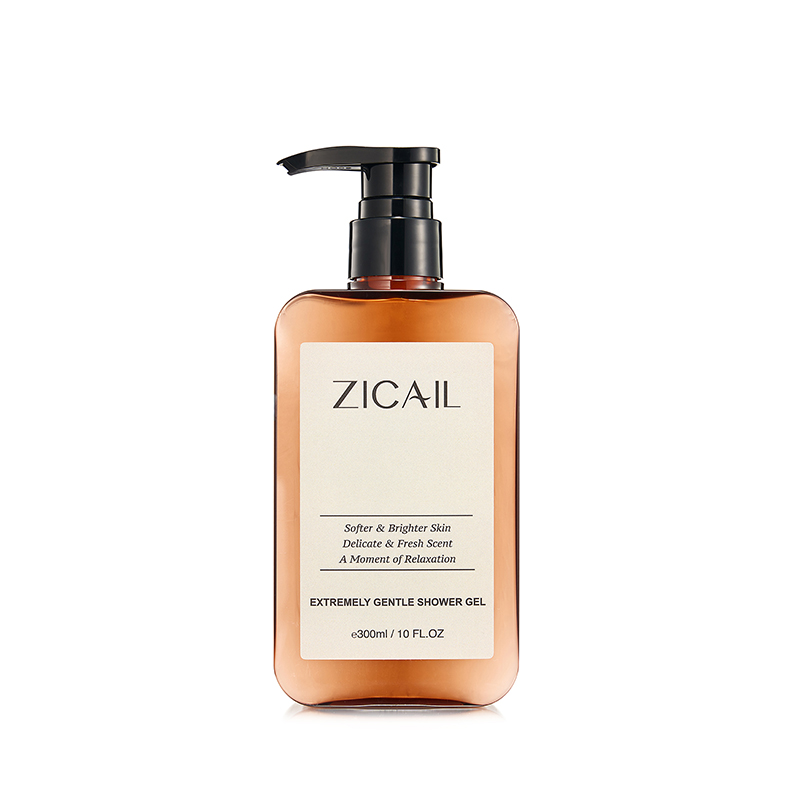Organic soaps are skincare products made from natural, plant-based ingredients cultivated without synthetic pesticides or fertilizers. They prioritize environmentally-friendly cultivation methods and often contain nourishing elements like essential oils, botanical extracts, and moisturizing agents. There are many companies like zicail.com. That offer a great range of skincare and organic soaps.
These soaps are free from artificial fragrances, harsh chemicals, and additives, making them gentle on the skin and suitable for individuals with sensitivities. Organic soaps cleanse and nourish the skin effectively while minimizing exposure to potentially harmful substances, promoting a healthier complexion. With their focus on sustainability and ethical practices, organic soaps offer a holistic approach to skincare that benefits both the skin and the environment.

Table of Contents
Factors To Consider
Choosing the right organic soap for your skincare routine involves considering several important factors to ensure that it effectively cleanses, nourishes, and protects your skin. Here are some key factors to consider:
Skin Type
Determine your skin type (normal, oily, dry, combination, sensitive) to choose a soap that addresses your specific needs. Look for soaps formulated for your skin type to avoid exacerbating any existing issues.

Oily Skin
Papaya Soap: Papaya soap is a type of soap that contains papaya extract, which is derived from the papaya fruit. Papaya contains natural enzymes that can help to exfoliate the skin, as well as vitamins A, C, and E, which can help to nourish and brighten the skin. Papaya soap is often used to help improve the appearance of uneven skin tone, dark spots, and blemishes. It can also help to reduce the appearance of fine lines and wrinkles.
Dry Skin
Glycerin: Scott Frothingham of Healthline stated that glycerin is a natural humectant that can help to moisturize and soothe the skin. Glycerin is a byproduct of the soap-making process and is often removed from traditional soaps. Glycerin soap is formulated to retain glycerin, which makes it a popular choice for those with dry or sensitive skin.
Irritated Skin
Turmeric Soap: Turmeric soap is a type of soap that contains turmeric extract, which is derived from the root of the turmeric plant. Turmeric contains curcumin, a natural anti-inflammatory compound that has been shown to have numerous health benefits. In skincare, turmeric soap is often used to help improve the appearance of acne-prone skin, as well as to reduce the appearance of dark spots and hyper pigmentation. Zicail offers a great range of organic soaps including turmeric.

Ingredients
Check the list of ingredients to ensure they are truly organic and free from synthetic chemicals, artificial fragrances, and harsh detergents. Look for natural ingredients such as plant-based oils (coconut, olive, avocado), essential oils, and botanical extracts known for their skincare benefits.
Some companies like Zicail offer custom soaps as well, which is great for people who want specific ingredients in their soap, that suits their skin type. They use the latest technology and equipment to produce reliable soap products that meet the highest quality standards. Their customizable manufacturing solutions are tailored to your unique requirements, whether you want to launch a new product line or improve your existing one.
Organic Soaps are made from natural ingredients, such as plant oils, herbs, and essential oils. Natural soap is free from synthetic ingredients, harsh chemicals, and artificial fragrances. Here’s why that’s important. By using natural soap, you can avoid potentially harmful ingredients and reduce your impact on the environment.
Moisturizing Benefits
Look for organic soaps enriched with moisturizing ingredients like shea butter, cocoa butter, or glycerin to help hydrate and nourish the skin. These ingredients can prevent dryness and maintain skin moisture levels, leaving your skin soft and supple.

Usually Liquid Soaps and Bath Soaps are designed with the goal of moisturizing the skin. These types of soap are typically used for hand washing and comes in a variety of formulas. These formulas include moisturizing, which is formulated with ingredients and is designed to hydrate the skin and prevent dryness. It is also formulated with antibacterial agents designed to kill germs and prevent the spread of illness.
Sustainability and Ethical Practices
Consider choosing organic soaps from brands that prioritize sustainability and ethical practices, such as using eco-friendly packaging, supporting fair trade initiatives, and minimizing their environmental footprint. Some companies take their responsibility to the environment seriously. They have passed the ISO14001 environmental management system certification and established our Environmental Safety Department, which is dedicated to managing our daily impact on the environment. Through effective daily environmental management, they are able to focus on prevention, raise awareness among their employees, and reduce risks caused by environmental factors. They are also committed to using recyclable packaging materials whenever possible, helping to minimize waste and meet their customers’ environmental requirements. By taking these steps and working together to prioritize sustainability, they believe we can create a brighter and more eco-friendly future for all.
Quality Assurance
There are many different levels to assure a product’s quality. And Before you start buying organic products and skincare items, make sure they quality the quality assurance.

Ingredients Quality Assessment
Incoming material evaluation is a critical process that involves inspecting and assessing the quality of raw materials upon arrival at the facility. Companies carefully examine factory labels and raw material information to ensure accuracy and compliance with their standards. Additionally, they store each material according to its unique requirements to maintain its quality and integrity. By conducting thorough incoming material evaluations, they can ensure that the materials they use in their production processes meet their high standards for quality and safety.
Container Quality Assessment
Companies subjects their packaging to a battery of tests, including pressure resistance, air tightness, and temperature resistance testing. Additionally, they perform drop tests and process tests to evaluate the strength and reliability of their packaging materials. Through rigorous package material testing, they can ensure that their products are protected and delivered in the highest quality condition.
Production Batch Testing
Companies conducts product anti-corrosion challenging tests, including standard strain testing, to ensure the anti-bacterial performance of their products. Through these rigorous internal material quality control tests, they can ensure that their products are of the highest quality and meet the needs of their customers.
Finished Product Inspection
Companies conducts nine non-special tests, including physical and chemical index testing, to evaluate the quality and consistency of their finished products. By performing these tests on a representative sample of their shipped products, they can ensure that each item meets their strict standards for quality and safety.

